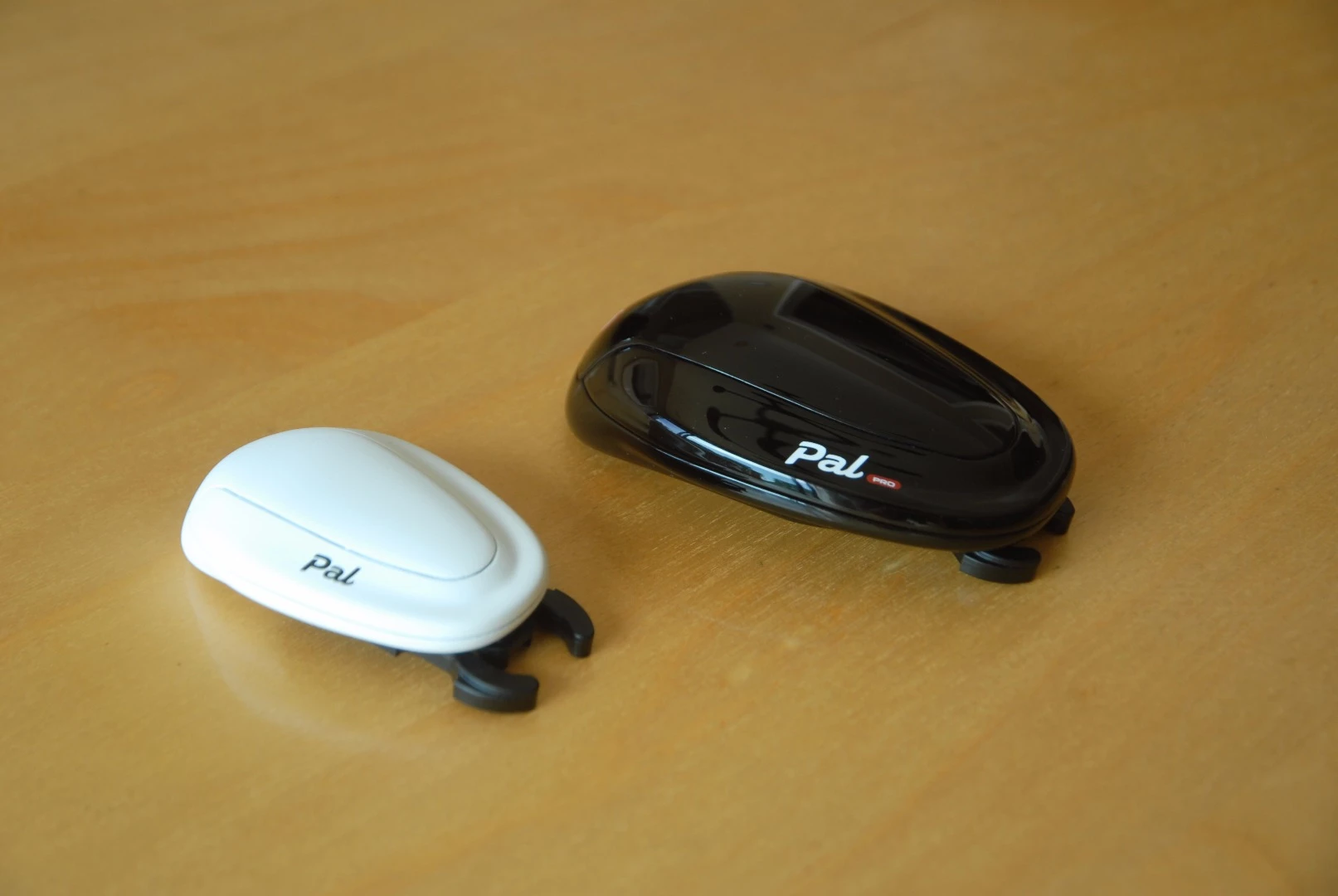There are already countless devices on the market that track sports performance, from watches and wristbands, to high-tech clothing and gadgets you mount on your gear. There are also a number of devices that can attract help should you need rescue, even if you're unconscious. The all-new Phipal does both, using the same sensor set to track your performance and identify emergencies. The multi-sport device mounts atop your helmet to keep you safer and more informed.
Accelerometers and other motion sensors have become a ubiquitous phenomenon thanks to smart mobile devices and sports wearables. Those sensors are also finding use in some pretty impressive sports safety gear. Equipment like auto-inflating ski airbags and bicycle crash detectors use their sensor sets to identify crash-level forces and protect the user or call for help.
The Phipal from Safibeat Technologies bridges the gap, combining both recreational and safety features. The device mounts to any sports helmet and uses a 10-axis sensor set with GPS to measure your motion, including everything from orientation, to acceleration, to altitude.

On a good day in the dirt or snow, these sensors simply track your performance, letting you analyze it on your smart device. Not only does the Phipal provide the usual suspects like speed, vertical and time, but, as Saphibeat explains, it also includes 3D modeling that lets you analyze forces on your body, helping you to optimize your position in the future.
On a bad day, you may need to rely on the Phipal's emergency tracking, which is the real inspiration behind the device. The module continuously runs the tracked data through its algorithm, and if it notices a red flag that it equates to a crash or other incident, it proceeds to pre-alarm mode, checking to see if the wearer is moving. If it determines the user is unconscious, it initiates a final audible alarm, giving the wearer a chance to shut it down, before sending out a text message for help with GPS and altitude information.
Saphibeat explains that its algorithm is designed to identify strong deceleration, so it can detect an incident that may not include a hard impact to the helmet, such as an athlete fainting from heat stroke in hot weather.

The Phipal also has a breadcrumb mode that allows friends and family to track your progress on the app. Sort of the high-tech equivalent of leaving a note so someone knows where you are, breadcrumb mode pinpoints your location and journey more exactly by creating a GPS track.
We initially thought the Phipal rather close to the Icedot Crash Sensor (plus performance tracking), but it has some nice features that Icedot and similar products we've featured don't have. The most notable is the addition of satellite communications on the Phipal Pro. Whenever we see devices like this that rely solely on cellular, we think, "nice, but many places we'd like to use this don't have reliable cellular service." Satellite service, which Saphibeat estimates at US$120 a year, ensures much more far-reaching, reliable coverage in the types of places you'd want to wear an adventure monitor to begin with.
Another nice feature of the proposed Phipal system is its flexibility in selecting emergency contacts. In addition to personal contacts, like friends and family, you can choose to have it forward alerts directly to local authorities or to an emergency response center ($30 annual subscription). Saphibeat is working on signing a deal with a partner to provide the alert center services.
The Philpal relies on a dual-battery system to help ensure there's power in an emergency. The primary battery runs normal operations, and the emergency battery is dedicated to emergency mode. This way you don't use all your battery up tracking speed and climbing only to have no juice when you need it most.
The current cellular-only Phipal prototype weighs 2.8 oz (80 g) and measures 1.9 x 3.1 x 1 in (47 x 80 x 27 mm), while the satellite+cellular Phipal Pro comes in at 4.2 oz (120 g) and 2.5 x 4 x 1.5 in (64 x 101 x 39 mm). Each one includes an ARM Cortex M4 processor and Bluetooth LTE 4.0.

Saphibeat has been working on the Philpal for two years and has turned to Kickstarter to help get production up to scale. It's offering the standard Phipal at pledge levels of $99 and up, and the Phipal Pro at pledge levels of $199 and up. Estimated retail prices are $149 and $299, respectively. If all goes according to plan, the first units will find their way to backers in September 2017.
Source: Saphibeat Technologies























